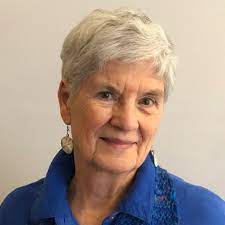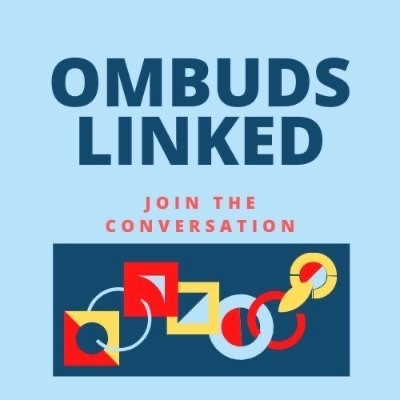By Nadia Ferrara, PhD, Co-Chair of the Diversity, Equity, Inclusion, Accessibility, and Belonging Committee
Loneliness, feelings of isolation, anxiety, and depression are on the rise in our communities (OSG 2023). Globally, we are faced with many challenges due to post-pandemic adaptation and recovery, inflation and the rising costs of living, environmental disasters, trauma related to racial violence, and ongoing wars. Many are referring to these experiences as an epidemic. How can we as ombuds help to address this current reality even as we’re navigating this reality personally? How does this affect our work? How do we support more trauma-informed workplaces?
As ombuds, we are not therapists or counselors, but we are holders of space where individuals come to share their lived realities. If we are applying a human-centric approach, we are acknowledging the visitor, we provide support, and we empower them to develop options that are meaningful to them. We as ombuds are committed to creating authentic, empathetic, compassionate, and psychologically safe spaces. Such spaces are all the more critical during a heightened period of loneliness and isolation. Everyone can benefit from a space to connect with our shared humanity. As ombuds, we offer the gift of listening, which is priceless. We cannot underestimate the power of listening.
We need to learn how best to be trauma-informed and trauma-responsive; how to identify trauma responses and know when to refer our visitors to clinical helping professionals, if warranted. We need to engage in our own self-reflection and self-evaluation, as well as hold space for each other to listen and learn from one another. Being trauma-informed and trauma-responsive benefits our visitors as well as ourselves as ombuds. As an Indigenous traditional knowledge keeper once told me: “Remember that as an ombuds, you are really a helper, one who listens and guides others.” Let’s continue to help others and ourselves by giving hope, as that is the best gift to give during such challenging times.
References:
Recommended Podcast:

 By Kenneth Cloke,
By Kenneth Cloke, By Doriana Vintila, Ombuds - OMV Petrom S.A.
By Doriana Vintila, Ombuds - OMV Petrom S.A. By Mary Rowe,
By Mary Rowe, By Elizabeth Hill,
By Elizabeth Hill,  By
By